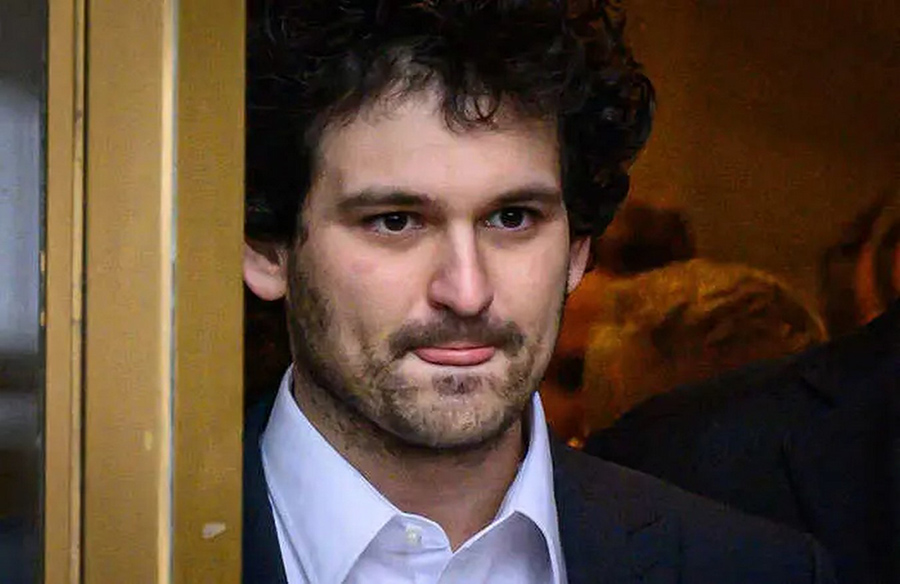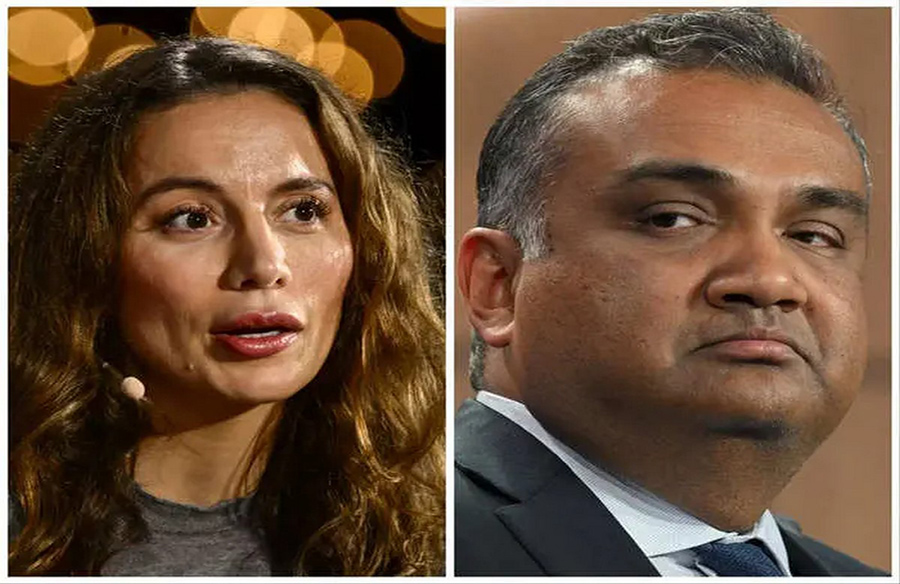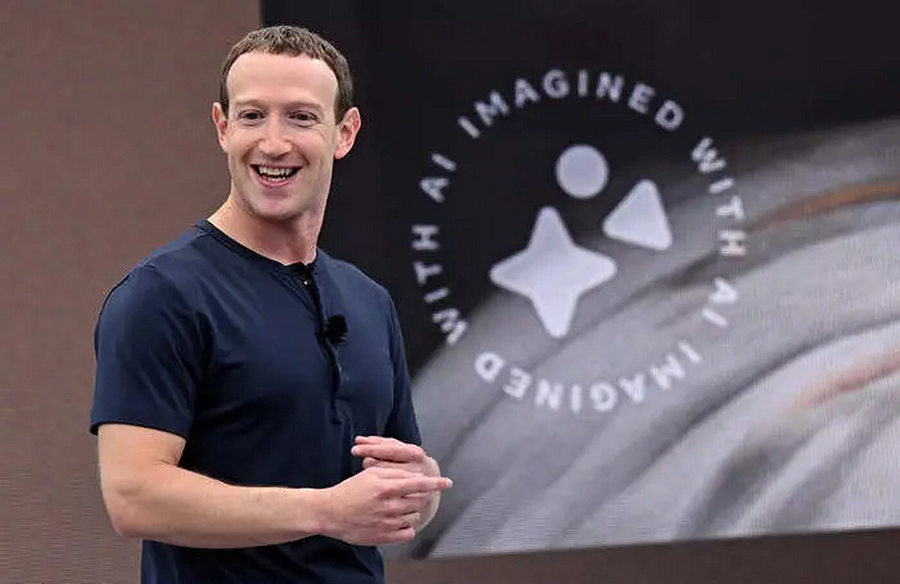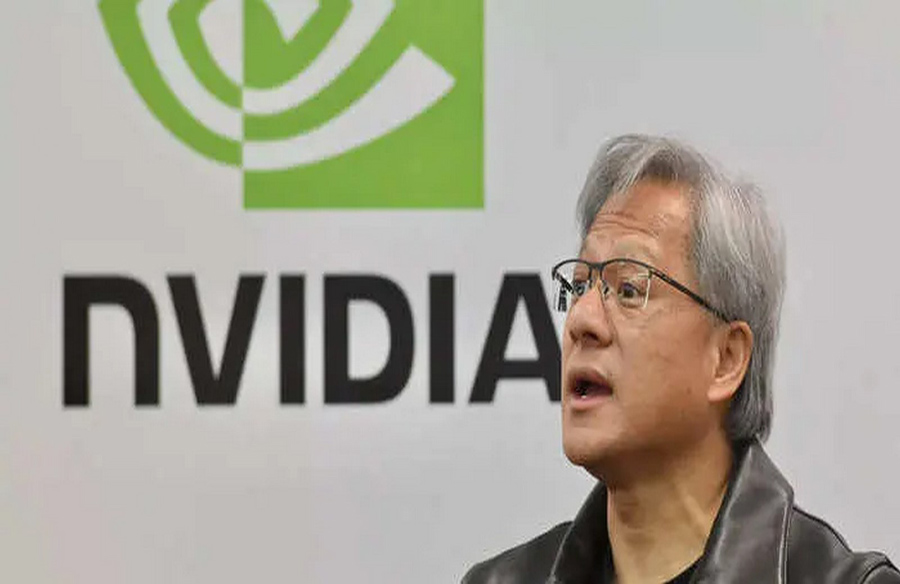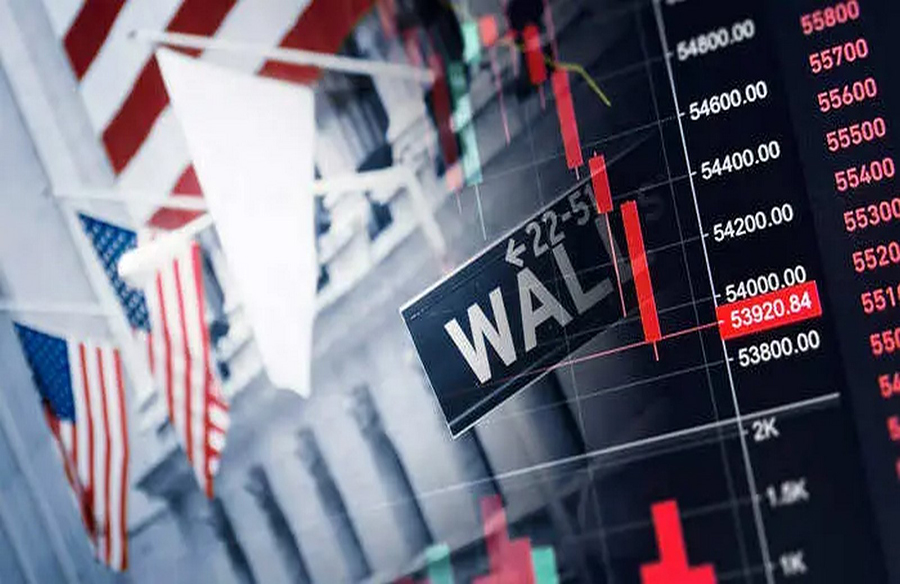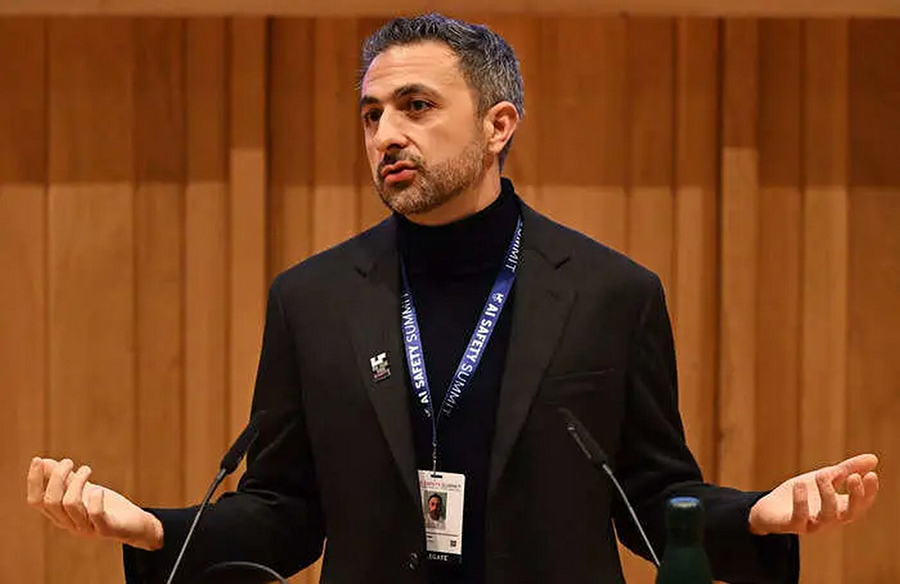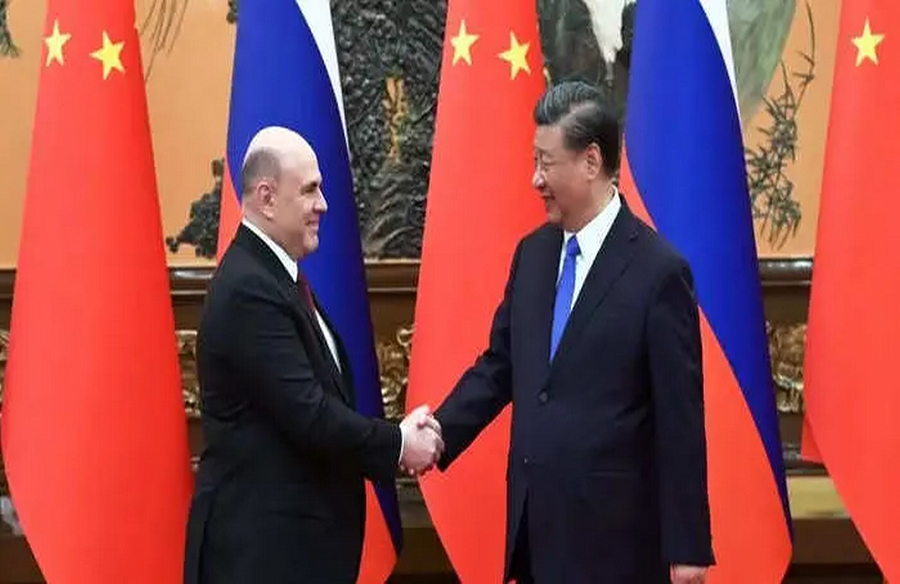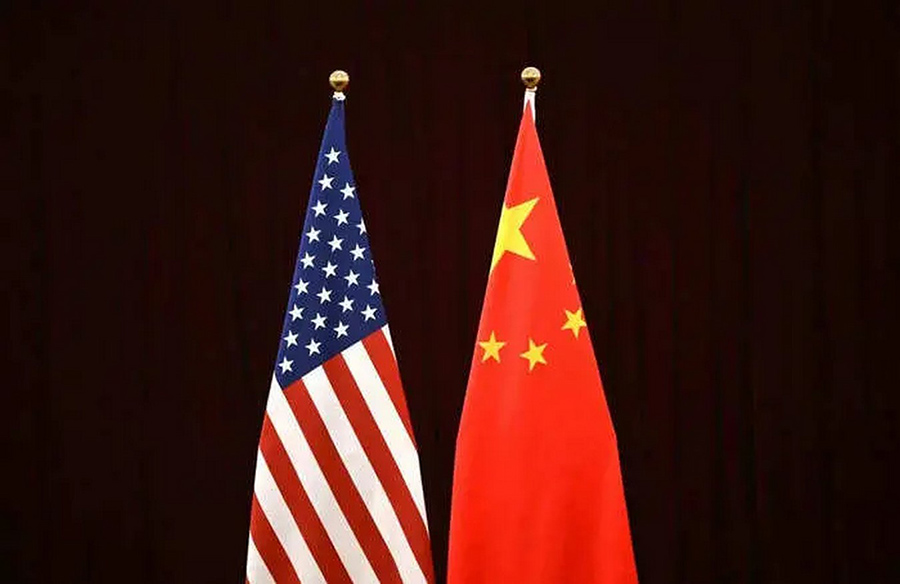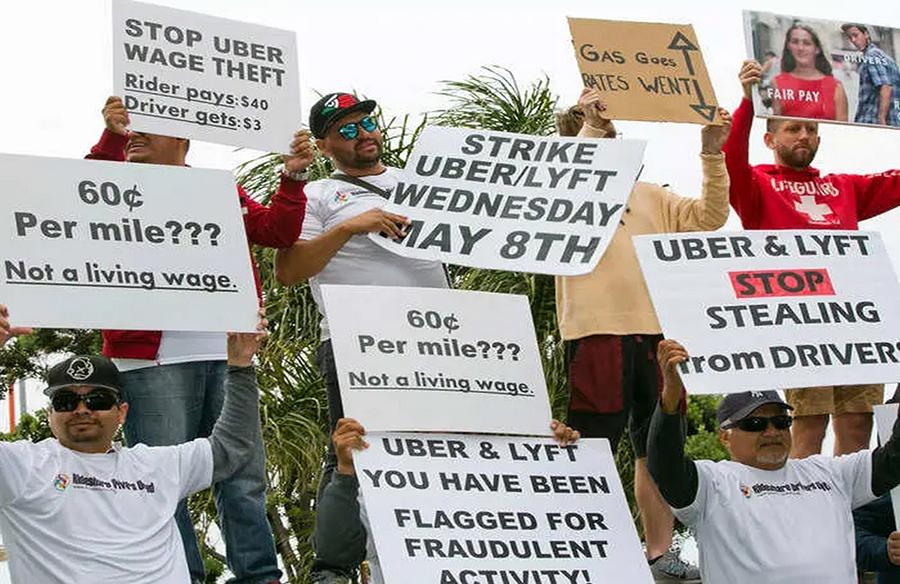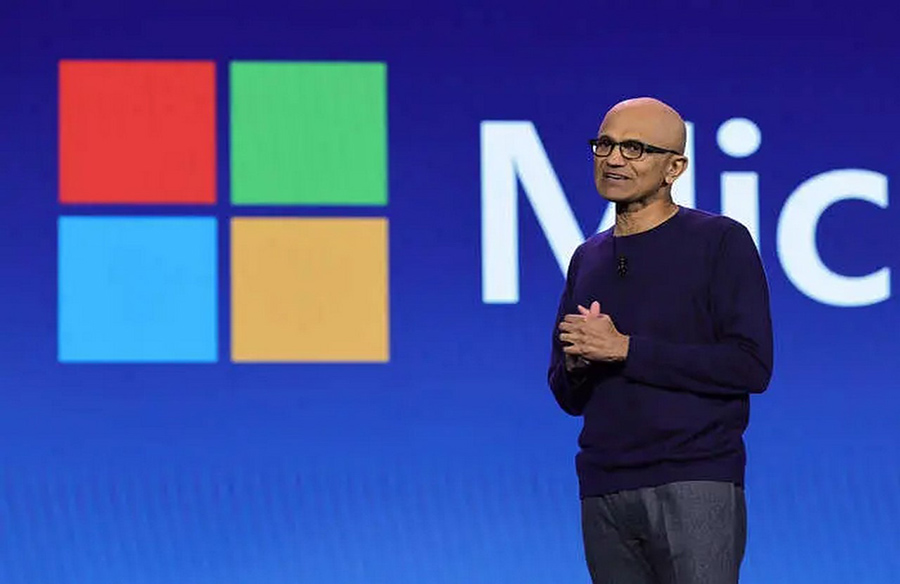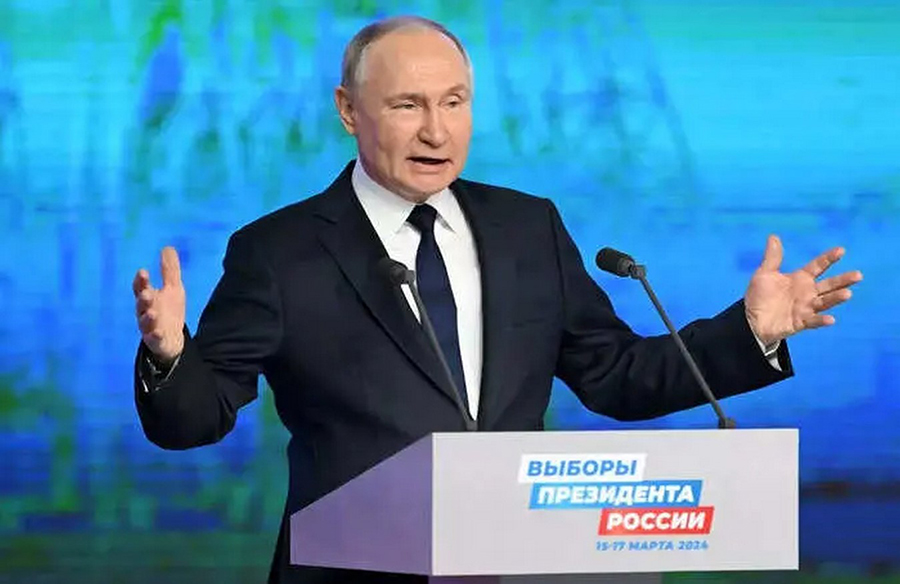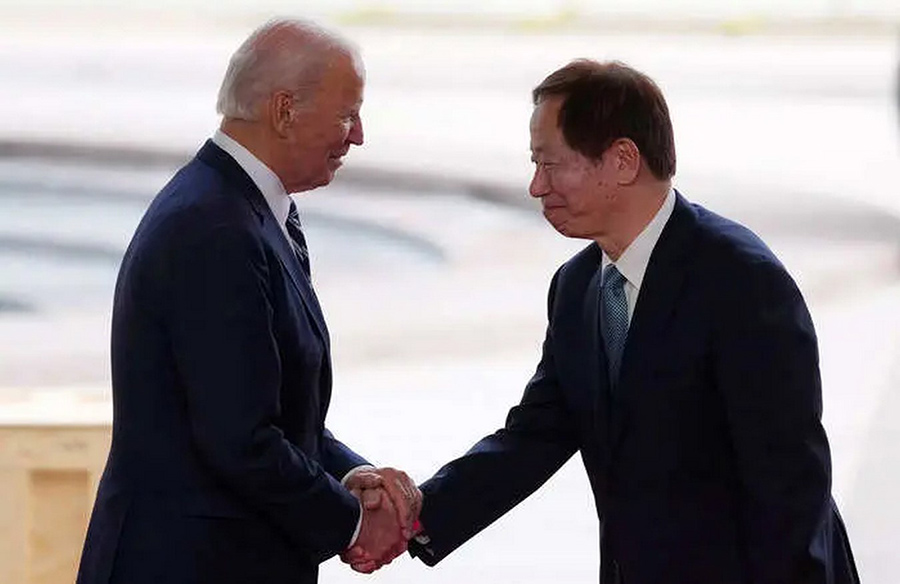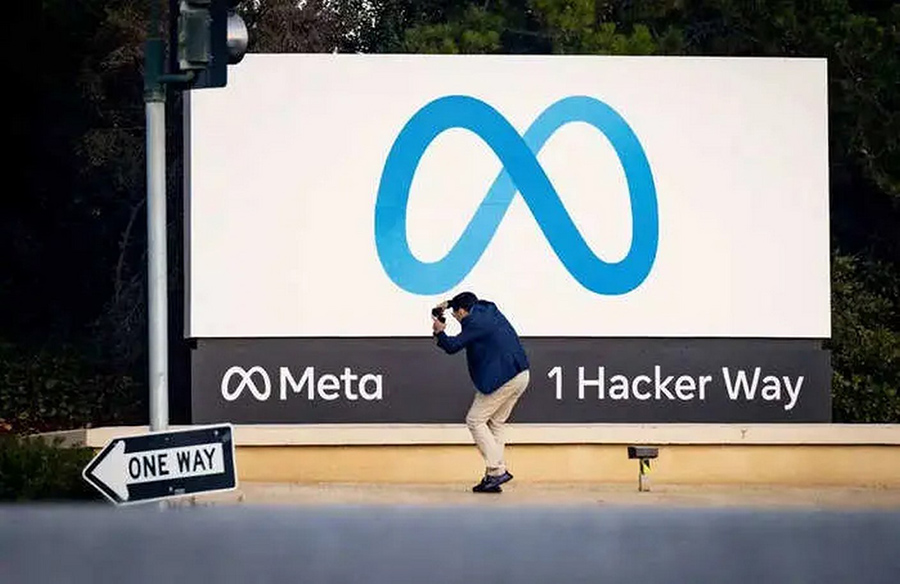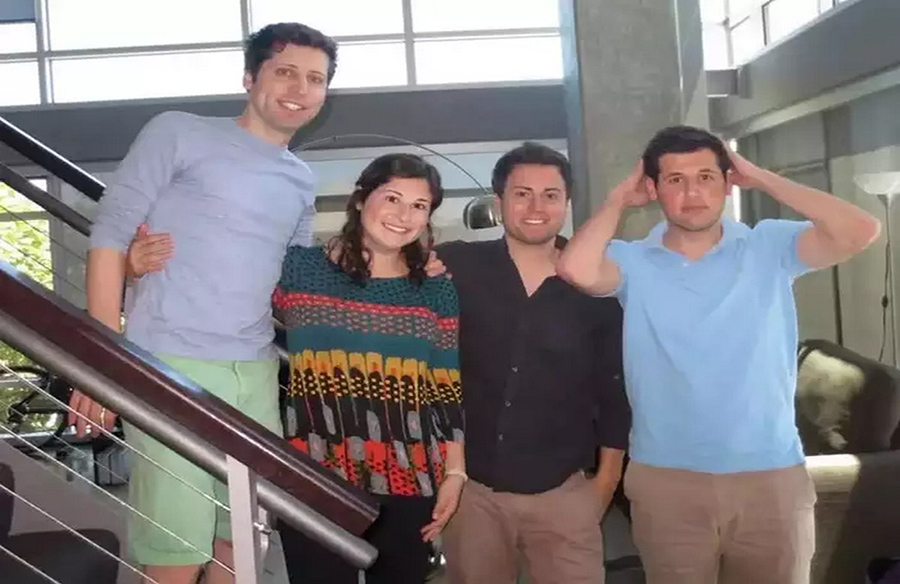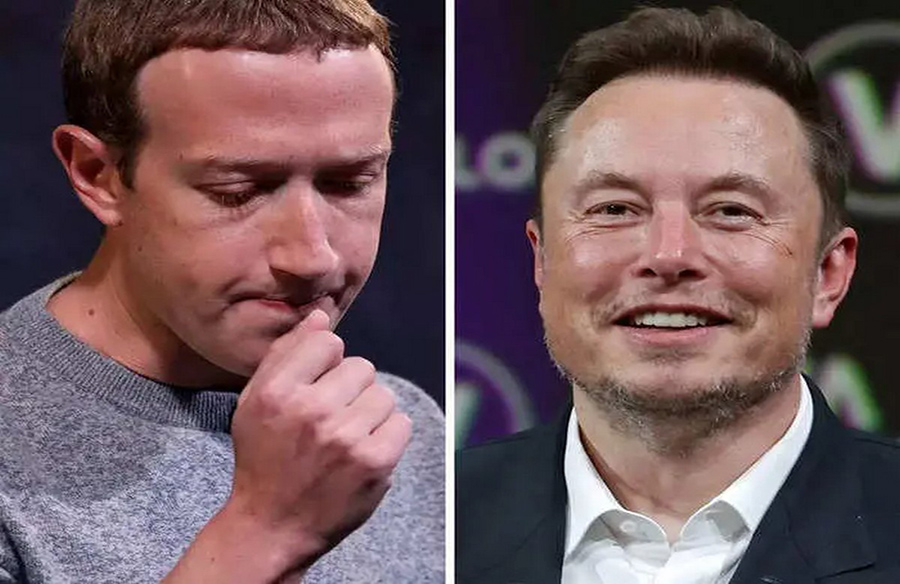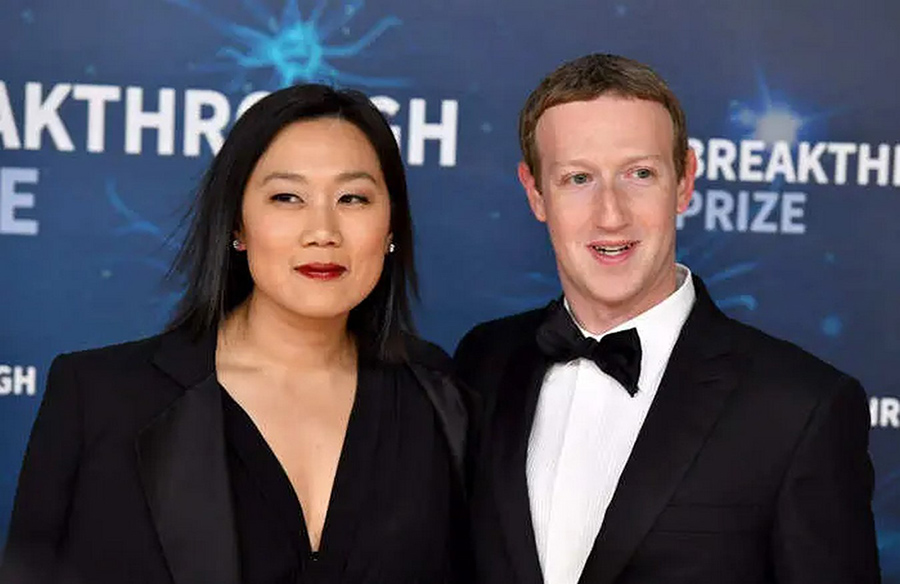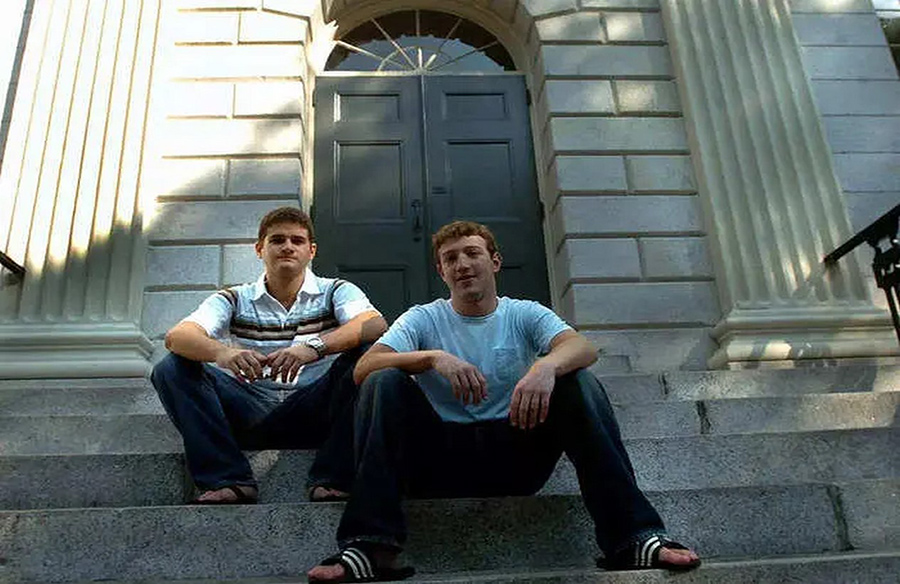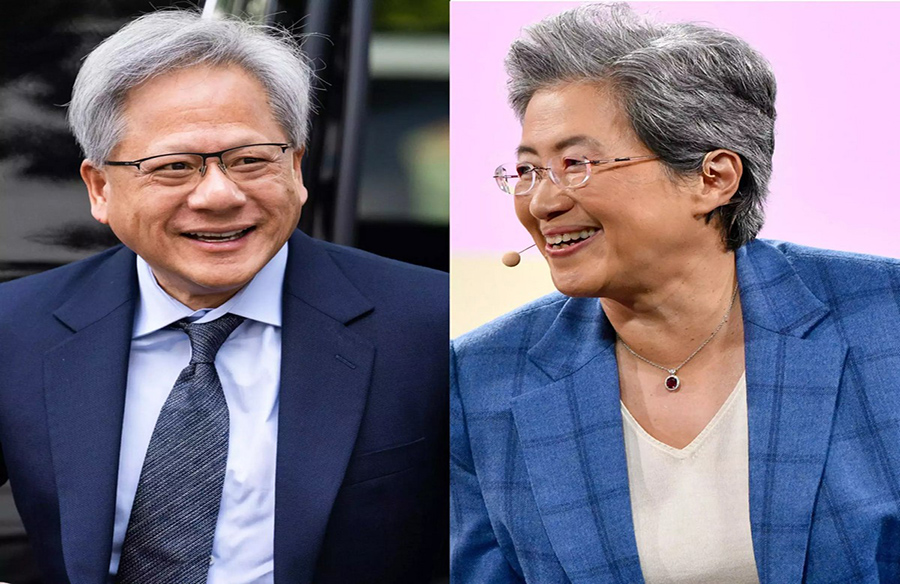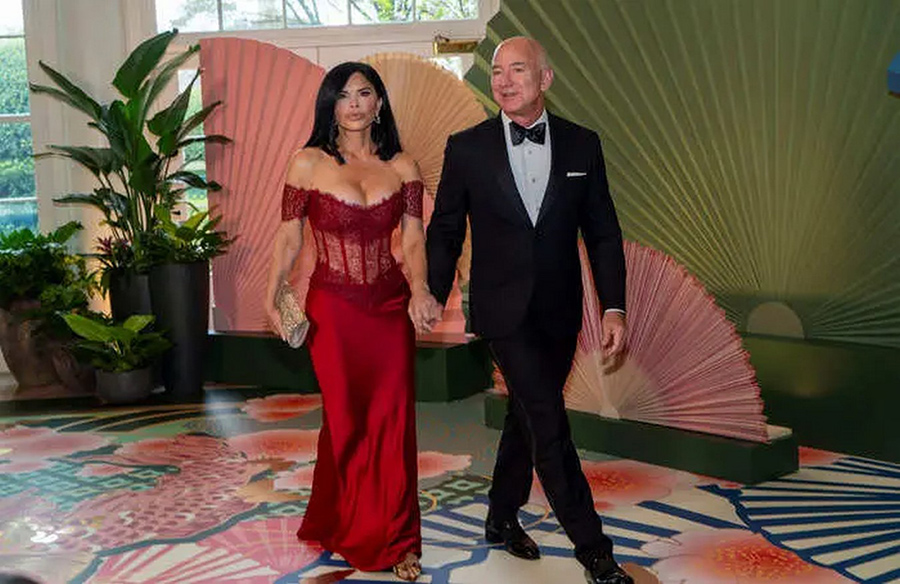Billionaires Aligning with Trump Amid Funding Challenges

A select group of influential billionaires and tech tycoons are increasingly finding common ground with former President Donald Trump as recent campaign filings reveal his struggles to secure financial support.
Recent campaign finance reports underscore Trump’s ongoing difficulty in amassing donations in comparison to President Joe Biden ahead of the November election. Trump’s reliance on allied groups to assist in covering his mounting legal expenses has further exacerbated his financial shortfall.
As of February, Biden’s campaign boasted a significant financial advantage, with over double the funds compared to Trump’s campaign, totaling $71 million versus $33.5 million respectively. Meanwhile, Trump’s leadership Political Action Committee (PAC), Save America, allocated an additional $5.6 million last month towards legal fees, supplemented by a cash injection from a pro-Trump super PAC.
The pressing need for Trump to bridge this funding gap is compounded by the Republican National Committee’s (RNC) own financial challenges, as it struggles to match the fundraising prowess of the Democratic National Committee (DNC). Despite uncertainties surrounding the total cash on hand for pro-Trump PACs and groups, Trump’s outreach efforts to billionaires reflect an underlying concern.
While Tesla and SpaceX CEO Elon Musk had previously declared his intention not to financially support any presidential candidate in 2024, recent statements suggest a shift in his stance. Musk, who met with Trump in March, expressed dire warnings about America’s fate if a “red wave” voting phenomenon fails to materialize.
Other prominent figures in the billionaire circle, such as venture capitalist Marc Andreessen, have voiced criticisms of the Biden administration’s policies, while some have openly endorsed Trump. Silicon Valley investor Chamath Palihapitiya recently praised the Trump administration’s initiatives on his podcast.
Larry Ellison, the co-founder of Oracle, stands out as a significant megadonor, having contributed over $30 million to Sen. Tim Scott of South Carolina during his presidential bid. Reports indicate Ellison’s multiple meetings with Trump in the past.
While Trump has traditionally relied on a small-donor base, recent efforts to court billionaire backers signify a strategic shift. By leveraging the support of super PACs, Trump aims to bypass the challenges associated with building and maintaining a large donor base required for a presidential campaign.
However, this outreach strategy may carry potential repercussions. Trump’s previous self-promotion of personal wealth as a means to avoid political compromises now contrasts with his reliance on billionaire contributions, which some perceive as ethically dubious.
Reports of Trump’s interactions with donors, such as lobbying on behalf of Anheuser-Busch and alleged discussions with Jeff Yass regarding TikTok, raise questions about potential conflicts of interest and the influence of big-money backers on his policies.
Despite these challenges, insiders close to Trump’s campaign anticipate substantial contributions from influential donors like Yass to bolster pro-Trump groups.


 English
English 


































































































































































































































































































